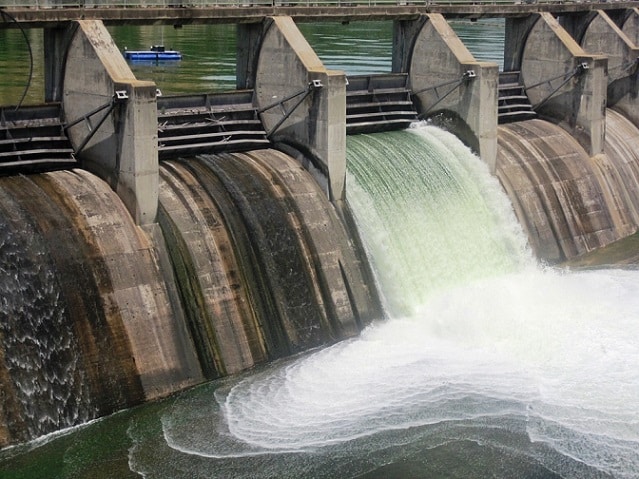Researchers have created a new miracle material called graphene in a laboratory, which they say could be used to provide clean water for millions of people around the world.
Researchers have used this graphene to create a membrane that could be revolutionary in the desalination process as well as for filtering polluted drinking water. It is hoped that this discovery could lead to the production of small, affordable filtration devices for use in the developing world.
Scientists have created a molecular ‘sieve’ using graphene-oxide which is capable of removing salt and other impurities, creating clean fresh drinking water for a fraction of the price of other filters.
Graphene is a sheet form of carbon that is just one atom thick yet boasts a range of remarkable properties such as being extremely lightweight yet hundreds of times stronger than steel and a superb conductor of electricity.
Created by the University of Manchester (TUM), the filter sieves out common salts from water. The graphene filters work by creating a membrane of graphene-oxide consisting of a lattice of carbon and water atoms. Each layer is just one atom thick and allows water to pass through, but stops any larger molecules.
When coarse salts are dissolved in water, a ‘shell’ of water molecules forms around the salt molecules. This enables the tiny capillaries of the graphene-oxide membranes to block the salt from flowing along with the water, while allowing the water molecules to easily and swiftly flow through. These features make graphene ideal for use in desalination plants.
Membranes previously developed at the National Graphene Institute at TUM have previously demonstrated the ability to filter out large salts, organic molecules, and even tiny nano-particles, using graphene-oxide. Unfortunately previous membranes became swollen when immersed in water, allowing smaller salts to flow through.
The latest membrane is an improved version, however, with the pore size in the membrane being controlled precisely, not allowing the salts to pass through.
The UN expects that 14 % of the global population will encounter water scarcity by 2025, and this new graphene filter could prove to be particularly useful in developing countries that cannot afford massive desalination plants.
Get bottled water dispenser and plumbed water dispenser from Living-Water.






